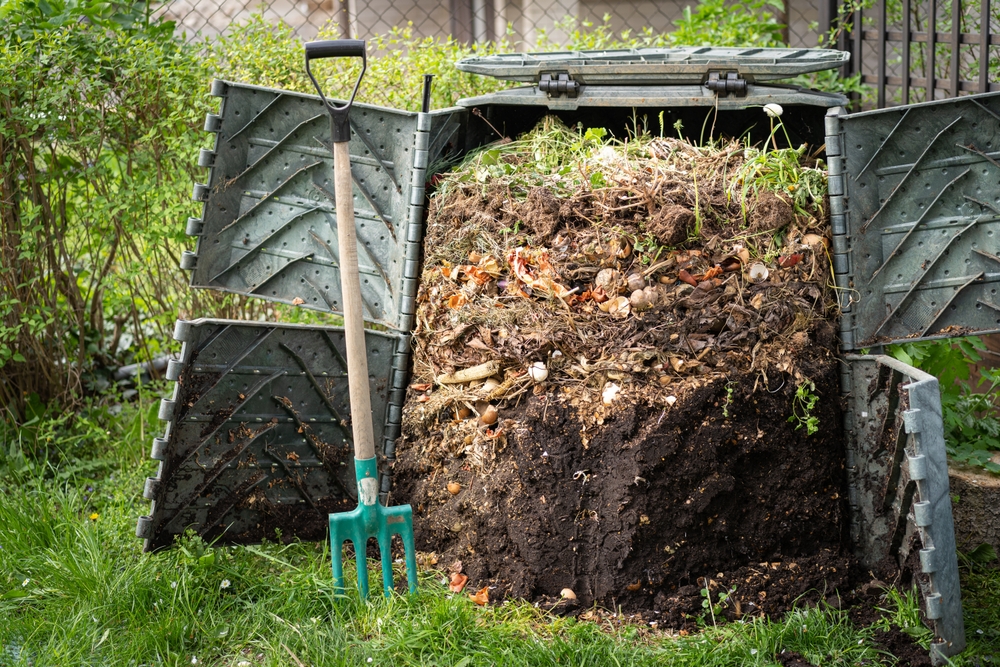It’s December, but there’s always something to be done. And now’s the perfect time to finally work out composting, says gardener Pete Harcom

This month we need to continue winter digging as we prepare the borders for next spring. To feed the soil and improve its structure, the best thing to use is garden compost, well rotted manure and leaf mould.
Do you make your own compost? Homemade compost saves money and resources, it will improve your soil structure and it can reduce your own impact on the environment.
There are lots of types of compost bins available at the garden centre or via your local council, but it’s also easy to make your own, using wooden pallets for example – there are many guides for making wooden compost bins online.
Dorset Council currently has a home composting offer – you can buy a 220 litre plastic compost bin for just £6 AND if you order two, the second one is half price! There will be a delivery charge (£7) and you may also need to buy a base for the bin, but it is still at a reasonable cost (see this offer on the GetComposting website here). I have experience of these black plastic bins and they can work really well, providing good compost in just 12 months!
How to start composting
Find the right site – ideally site your bin in a reasonably sunny place on bare soil. Be sure to choose somewhere you can easily add ingredients to the bin – and get the compost out!
Gather the right ingredients – save everything from vegetable and fruit peelings to teabags, toilet roll tubes, cereal boxes and eggshells to go in your compost bin. Never put cooked food, meat, fish or dog or cat mess in a compost bin – this will attract vermin. You can put in limited amounts of paper or thin cardboard, but no glossy printed paper.
Fill it up! Place all these items, along with all of your garden waste into your compost bin. A 50/50 mix of greens (nitrogen rich) and browns (carbon rich) is the perfect recipe for good compost. You need to ensure the contents are cut into small pieces, and mixed well – a garden shredder will help with this – or try to cut up or break any woody twigs etc down by hand, as this will aid decomposition.
And now you wait … It takes between nine and 12 months for your compost to become ready for use. Keep on adding greens and browns to top up your compost.
Once your compost has turned into a crumbly, dark material with just an earthy smell, it is ready. Use it to enrich borders and vegetable patches, plant up patio containers or feed the lawn.
Anyone with a smaller garden might want to consider setting up a wormery instead – check out theurbanworm.co.uk
Sponsored by Thorngrove Garden Centre

